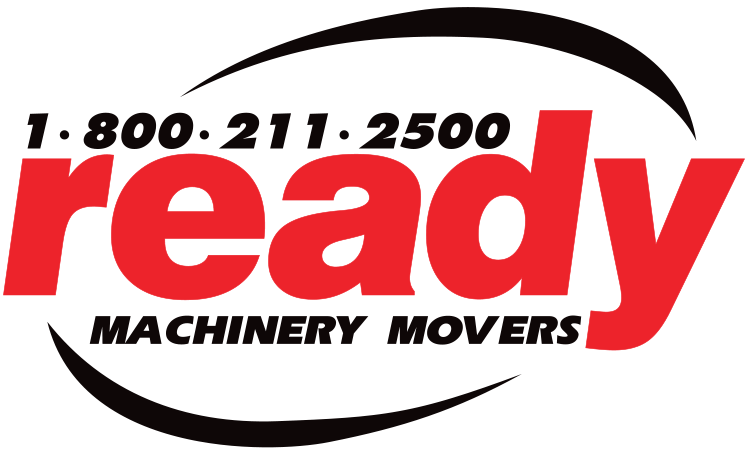Cleaning your equipment regularly is vital for longevity of your machinery and will save you money in the long run.
Keeping your equipment clean should be a priority and done regularly. If you do not have a designated member of staff or team in house to clean machinery, then hiring a professional is a must. Professional machinery cleaners will have the correct equipment and knowledge to safely carry out the task at hand.
A cleaning schedule that everyone can access is very useful for staying on track of maintaining the equipment, ensuring that cleaning is not missed or forgotten about.

Only use cleaning products and supplies that are safe to use on your particular machinery. If the wrong products are used, it could cause harm to anyone using them, or cause corrosion of the metals and plastics in the machines which poses a huge health and safety risk. Additionally, before you or anyone begins the cleaning process, make sure there is clear space around the equipment, that everything is turned off and disconnected.
Ensuring that the equipment is cleaned regularly, it is sure to increase efficiency within the workplace. You’ve heard of the phrase ‘tidy space, tidy mind’? Well the same can be applied to keeping machinery and equipment clean in this instance. Working in a clean environment increases efficiency and avoids mess-induced delays which can cause issues further down the workline. It also contributes to increasing overall safety, as grease, dirt or other contaminants can build up within the machinery on surfaces or moving parts, and can cause malfunctions. This ultimately increases the risk of injury or the equipment breaking down, so avoiding this where possible is important.
As well as that, keeping equipment clean can prevent contamination; whether it’s food related, materials or even waste. Machine cleanliness goes beyond the machine itself; it goes out with the product and staff and must be kept on top of. Be sure to familiarize yourself with the correct procedures when cleaning and operating equipment, to avoid potential cross-contamination instances.
This leads to maintaining standards around machinery and related equipment. It means that everyone is on the same page, the equipment is being well looked after and will extend the lifespan and efficiency of the machinery. Most equipment failures are caused by dirt and debris that has built up over time. By cleaning regularly, you can avoid these issues and also keep track of any wear and tear that the machines are acquiring over time. Worker safety is paramount and should be considered when cleaning machines.
Here is a list of steps you can take to clean your equipment yourself, or a use as a guide for how a professional would go about cleaning machinery:
- Start by setting up a wash bay
This will make the process easier overall as there is a designated space to clean without anywhere else or anything else getting damaged.
- Dismantle your equipment
Take apart any parts of the equipment that either cannot get wet, or need to be cleaned separately in a specific way. Always consult someone for advice if you need assistance with this.
- Use a pressure/power washer
This will get rid of the bulk of the dirt efficiently and thoroughly. A pressure washer uses highly pressurized steam, whereas a pressure washer uses regular water at an extremely high pressure. Both are effective, but make sure the equipment is suited to having these methods used to clean it with.
- Use proper cleaning and degreasing agents
Using the correct cleaning products is vital so that the machinery isn’t damaged during cleaning. Always check before you clean, and ask for advice.
- Take special care of the cab
If your machinery has a cab, be sure to give it a good clean as well, but use safe cleaning products that will not harm a human being. The cab should be well looked after and checked for any damages or repairs that may need doing.
